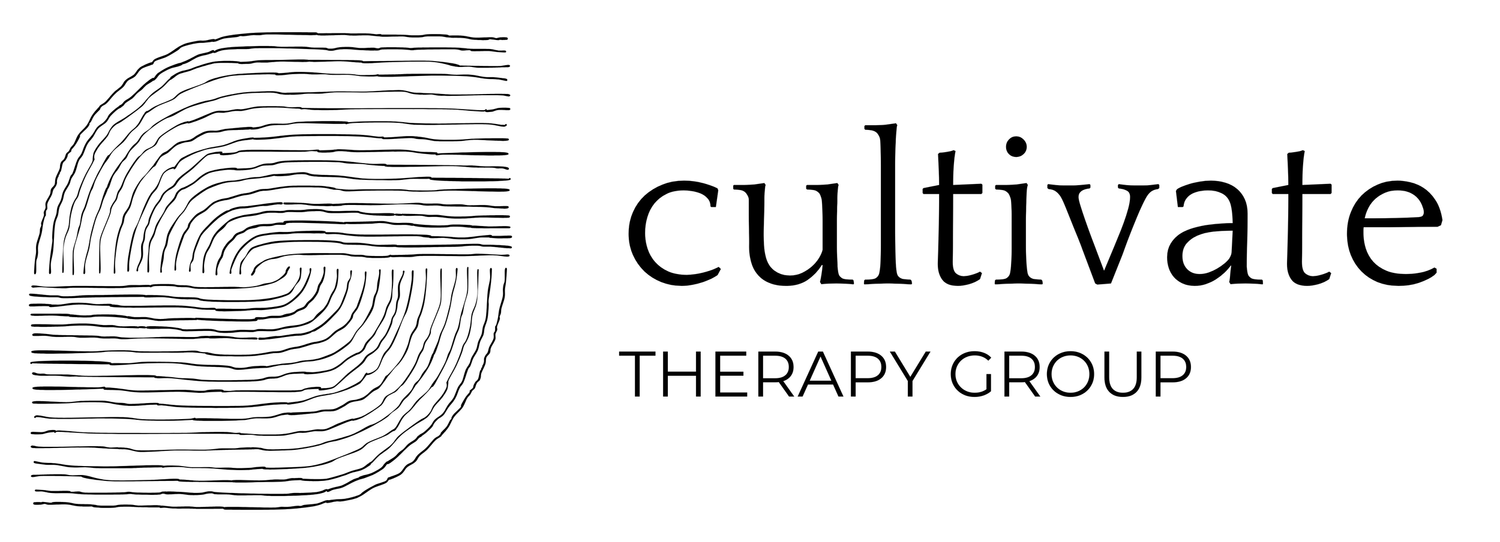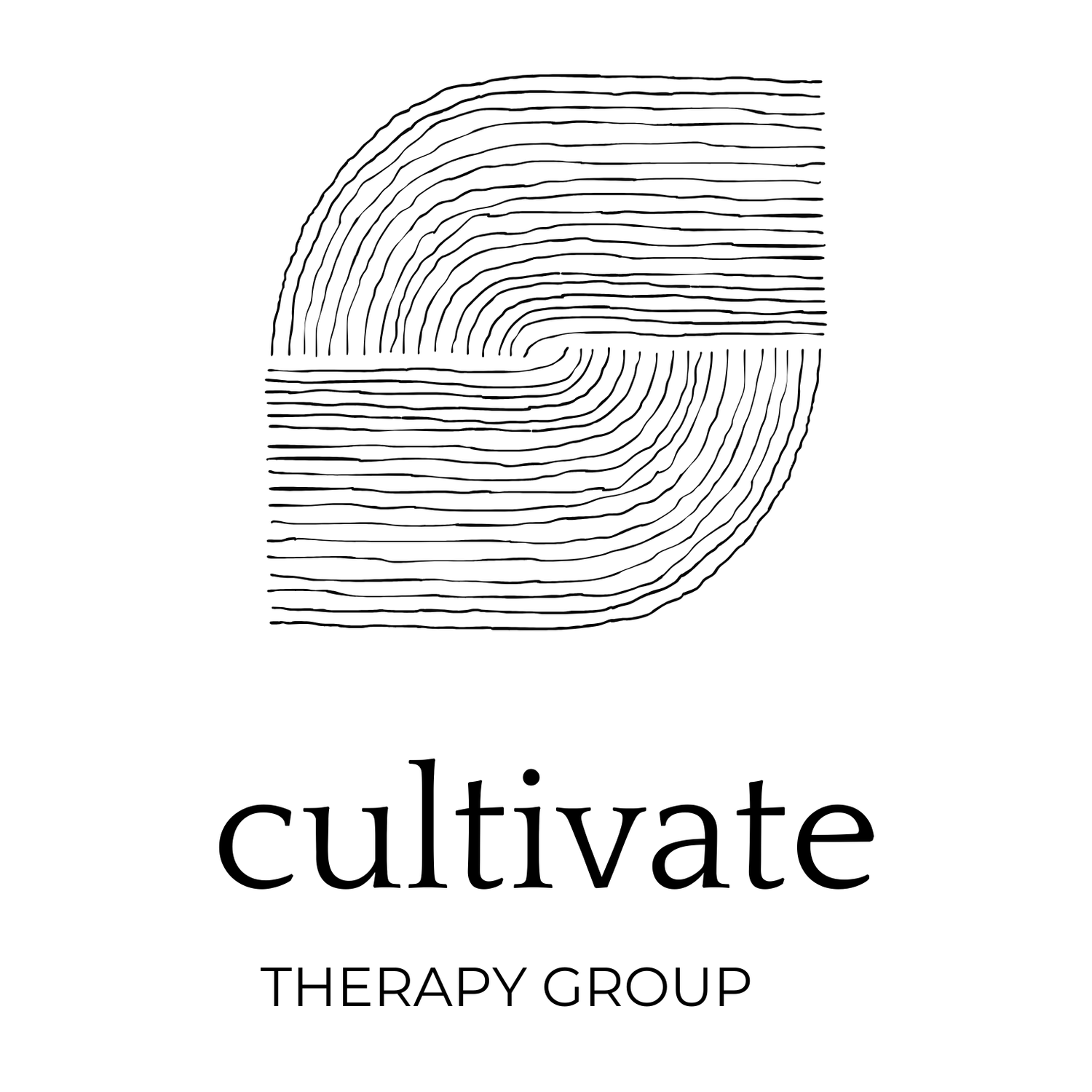How a Therapist Deals with Coronavirus Pandemic Anxiety
My graduate school training did not offer a class on navigating pandemic anxiety. In fact, much of therapists’ training surrounding anxiety treatment has to do with things that are irrational, unlikely to happen, and blow out of proportion. And yet here we are in a global pandemic that requires serious attention & communal behavioral change, all without panic.
It’s a hard balance, right? As I write this, we in the Bay Area are in a 3 week (possibly longer) shelter in place ordinance. The news, social media sites, and conversations are absolutely saturated with COVID-19 updates, predictions of economic recessions, and fear. A lot people feel overwhelmed, including therapists.
Here’s how I’m dealing with my pandemic anxiety:
Notice & Accept my Feelings
Anxiety is super physical - sweaty palms, tight chest, shallow breathing, stomach aches, GI issues, muscle tension, etc. When I notice my breathing gets shallow, my mind is racing, and I feel stuck in the spiral of “What if…”, I know my anxiety is spiking. This may be in connection to overwhelming headlines, economic uncertainties, or preoccupation about physical symptoms (is it really just a tickle in my throat?). Rather than judge myself or try to push it away, I gently accept “I feel anxious right now. It makes sense to feel overwhelmed, this is a challenging time.” I’m anticipating that my anxiety will continue to ebb and flow in the days & weeks ahead.
Breathe, breathe, breathe
Once I acknowledge my anxiety, I pause what I’m doing to breathe. Our breath is an amazing super power that we always have with us. My favorite breathing exercises when I’m feeling highly anxious are balloon pop breathing & tactical 4-4 box breathing. There are many great free apps with daily guided meditations.
Unplug & Go Offline
I’ve seen a strong correlation between my anxiety level & how much I’m obsessively tracking the news around the coronavirus. I feel so much better when I take a break from headlines & social media. I’m trying to limit my coronavirus updates & social media scrolling to about 3-5x/day. I’m also adjusting to full days of video vs. in person sessions, which leaves my eyes strained. After work, I close my computer and prioritize non-screen time like playing games, reading, puzzles, etc.
Get outside
Daily walks in the fresh air & sunshine, waving to other neighborhood walkers feels so grounding. Over the last few days I’ve found it refreshing to simply sit outside in the sunshine, feel the breeze, stand in the rain, or play with my daughter & dog outside. I like to borrow the ignorance of squirrels or birds going about their regular days without concern, if even for a moment.
Connect with Friends
I’m having a lot of FaceTime, GoogleHangout & phone catch up sessions with friends. It’s nice to connect with dear friends, hear how they are doing, and support one another. Relationships, dreams, joys, and struggles continue to exist beyond this crisis. If you feel isolated, panicky, and depressed, please reach out. If you have friends who live alone or struggle with mental illness, be sure to check in with them.
Yoga & Exercise
Exercise is one of the most underutilized antidepressant/anxiety treatments available to us. In the wake of social distancing, so many exercise studios are offering free classes online. I aim to move my body each day, which helps me feel less anxious & preoccupied almost immediately.
Nourish my Body
This may mean making a new recipe, having a snack, drinking water, or enjoying a glass of wine at the end of the day. My go to soother when I’m feeling anxious is enjoying a cup of tea throughout the day.
Practice Gratitude
Each evening during dinner I am reflecting on 3 things I’m grateful for that day. Gratitude has some fantastic benefits for our physical and mental health. It’s a nice discipline to find peace & joy in small & large moments of the day, both individually and as a community. Sheltering in place has already reframed many daily things I typically take for granted.
Practice Radical Acceptance
Radical acceptance means acknowledging the reality of the situation and focusing on what is within my control, rather than what is beyond me. This is not the story I would have written for this season, I can feel my feelings, accept what is, and do my part for the common good.
Sleep
The power of a nap or a good night sleep is amazing. It can be challenging to fall asleep when we feel amped up with anxiety. It also is much harder to fight anxiety when we are tired. As much as you can, prioritize good sleep habits to set yourself up for success.
If you feel overwhelmed and need help processing all that is going on, reach out. Therapists across the country are utilizing teletherapy to provide support. We can get through this together.

